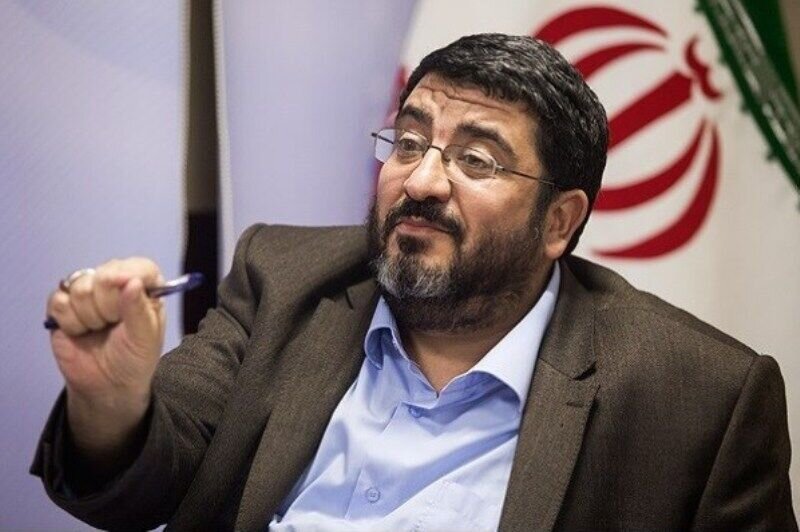Expert says anti-Iran activities have become IAEA common practice

TEHRAN- "Anti-Iran activities have become the common practice of the International Atomic Energy Agency," says an expert on international affairs.
Fouad Izadi said IAEA chief Rafael Grossi has made himself “fully “available” to Western countries.
Izadi says as the Vienna talks are approaching Grossi makes more claims against Iran, Izadi told the Farhikhtegan newspaper in an interview published on Sunday.
In his latest remarks, Gross, in an interview with AFP, claimed that the Agency had no contact with the new Iranian administration to discuss some issues related to Iran's nuclear program and described the issue as "astonishing".
However, in addition to frequent contacts with the Permanent Mission and acting representative of Iran to the international organizations in Vienna over the past three months, he also visited Tehran in September and is set to visit Iran on November 22.
“This is not just a new, astonishing claim made by Grossi. Such claims have already been made in the framework of Western pressure on Iran,” Izadi remarks.
The excerpts of Izadi’s remarks are as follows.
The IAEA, which must act professionally in line with its technical duties, has become a Western political entity against Iran.
The experience of the Islamic Republic for several decades of interaction with the International Atomic Energy Agency has been that, contrary to the IAEA Statute, in practice the IAEA has become a Western political entity against Iran.
Instead of being a technical body and pursuing technical discussions related to Iran's peaceful nuclear program, the IAEA has instead become a political body, not just an ordinary political body but also a Western and anti-Iran political body.
Grossi has made himself completely available to Western countries
During his tenure, you will see how Grossi has performed. He has completely presented himself to the Western countries.
It was the same in the time of Yukiya Amano, and those WikiLeaks documents, if you remember, were published in which in one of the documents disclosed he had said if Americans put me in charge of the Agency, I will fully cooperate with them on Iran.
Iran ranks first in interaction with the IAEA
Iran ranks first in terms of inspection hours conducted by the IAEA of its nuclear activities.
As a result, instead of hailing Iran for its cooperation, IAEA officials have always been complaining and expressing dissatisfaction.
Anti-Iran activities have become the IAEA practice
You are not dealing with a neutral institution. Rather you are dealing with a completely political and anti-Iran institution. If once the IAEA agrees with Iran, then it is surprising!
In these past disputes, Western officials have instructed the IAEA to engage in anti-Iran activities, which in most cases have become the IAEA practice.
What happened at the nuclear deal was that Iran accepted commitments beyond the Additional Protocol. In other words, not only did Iran implement the Additional Protocol in practice, but it also did things beyond the protocol, and then Iran started reducing its commitment in recent months due to the withdrawal of the United States from the JCPOA. There have also been “numerous attacks” on Iran's nuclear facilities.
So as much as Iran is cooperating with the IAEA, it is doing the Agency a favor. Iran treats the IAEA with generosity, and unfortunately, the IAEA in practice, instead of thanking us, is doing what the Western governments have told it to do.
The Western side has not entered into negotiations in good faith
Whether the talks are on the eighth of Azar (November 29) or another date, there is a principle called the principle of “good faith”. Therefore, there is a principle that if one party enters the negotiations without good faith, it means that it does not want to reach a conclusion and wants to put the other party to work to achieve other goals. For example, they want the talks to fail and then accuse Iran of failing.
When the IAEA treats Iran as it has in practice presented itself to Western countries, Iran is confronted with a conclusion and a message that the Western side has not entered into negotiations in good faith.
